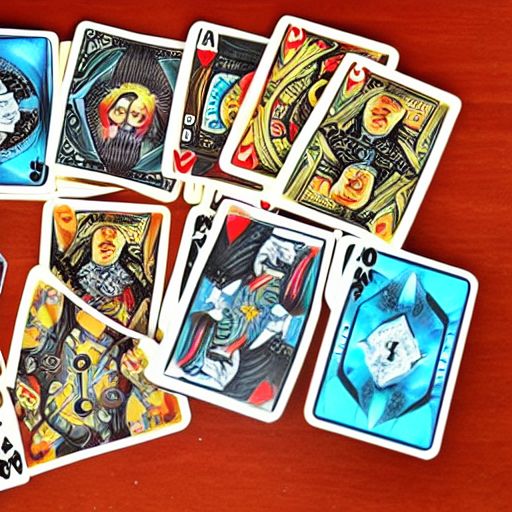Gambling has been a part of human culture for thousands of years, and ancient Greece was no exception. Games of chance were popular among the Greeks, and they played a variety of games that involved betting on the outcome of a contest or event. From dice games to horse races, gambling was a significant part of Greek society and culture.
Dice Games
One of the most popular forms of gambling in ancient Greece was dice games. The Greeks played a variety of games using dice, including “tali” and “knucklebones.” Tali was played with four dice, while knucklebones used animal bones that were marked with numbers or symbols.
Dice games were played in taverns and public places, and they were popular among both the wealthy and the poor. Gambling was seen as a form of entertainment, and many Greeks believed that the outcome of a game was determined by fate or the will of the gods.
Board Games
In addition to dice games, the Greeks also played board games that involved betting on the outcome. One of the most popular games was “petteia,” which was similar to modern-day chess. Players would move their pieces around the board, and the object of the game was to capture the opponent’s pieces.
Another popular board game was “pessoi,” which was played on a board with a grid of squares. The game involved moving pieces around the board and capturing the opponent’s pieces. Like dice games, board games were often played in taverns and public places, and they were a popular form of entertainment.
Sports Betting
Sports betting was also popular among the Greeks, who would place bets on the outcome of athletic contests. The ancient Olympic Games were a major event in ancient Greece, and people would bet on the outcome of the games. Horse racing was another popular sport, and people would bet on the outcome of races.
In addition to betting on athletic contests, the Greeks also placed bets on other events, such as political elections and military campaigns. Betting on the outcome of these events was seen as a way to show support for a particular candidate or cause.
Gambling and Society
Gambling played a significant role in Greek society, and it was a part of everyday life for many people. However, gambling was not without its risks, and it could lead to addiction and financial ruin for some individuals.
To prevent problem gambling, the Greeks introduced laws and regulations to govern gambling. For example, they established age restrictions for gambling and placed limits on the amount of money that could be wagered.
Despite the risks, gambling continued to be a popular form of entertainment in ancient Greece. It was seen as a way to pass the time and socialize with others, and it was a significant part of Greek culture and society.
Conclusion
Gambling was a significant part of ancient Greek culture, and it played a role in many aspects of society, from sports to politics. While the forms of gambling may have been different from what we see today, the basic premise remained the same – the thrill of the unknown and the possibility of winning big.
Today, the legacy of ancient Greek gambling lives on in modern-day casinos, lotteries, and sports betting. Whether it’s rolling the dice or betting on a horse race, the allure of gambling remains as strong today as it was in ancient Greece.
